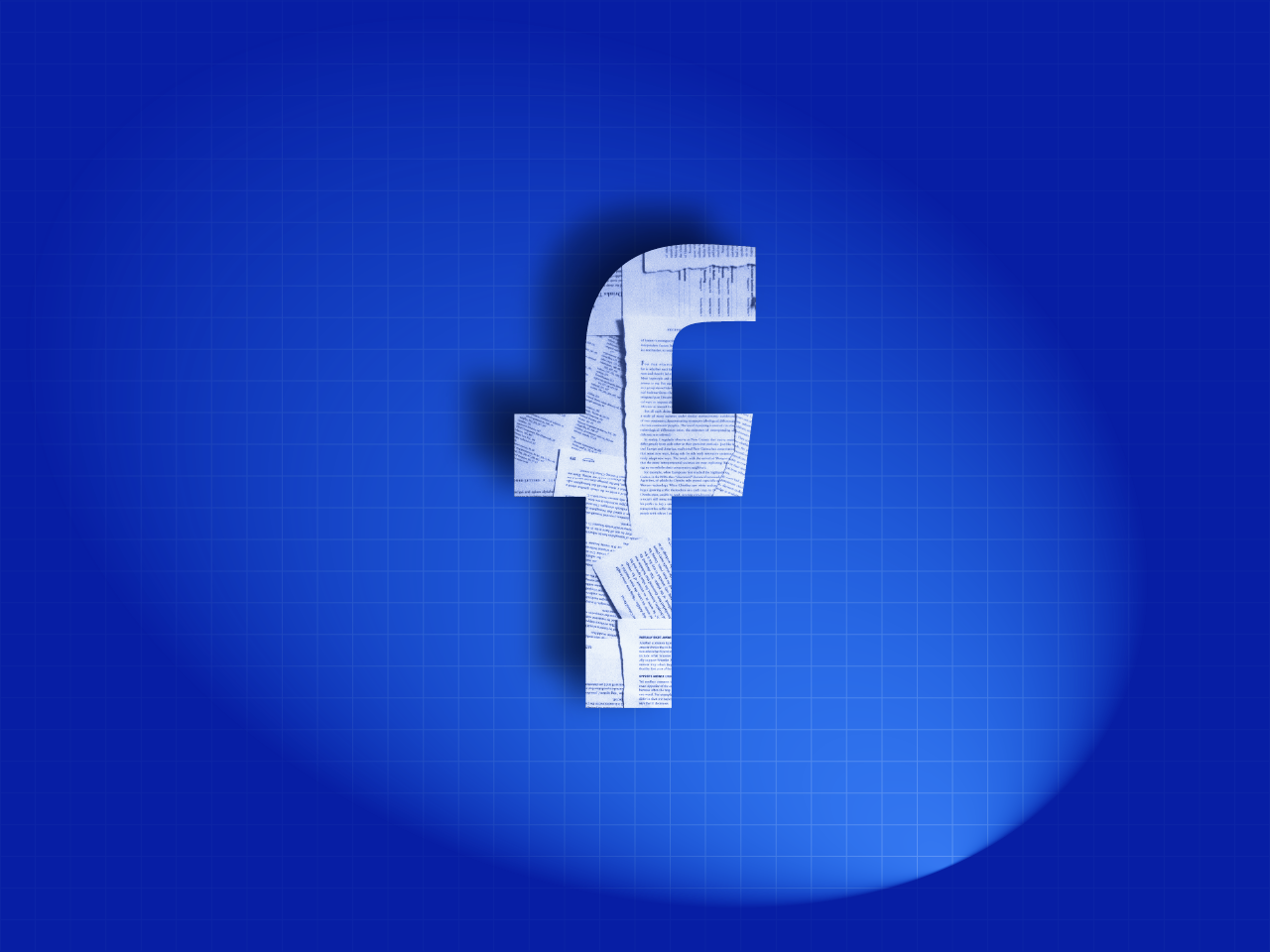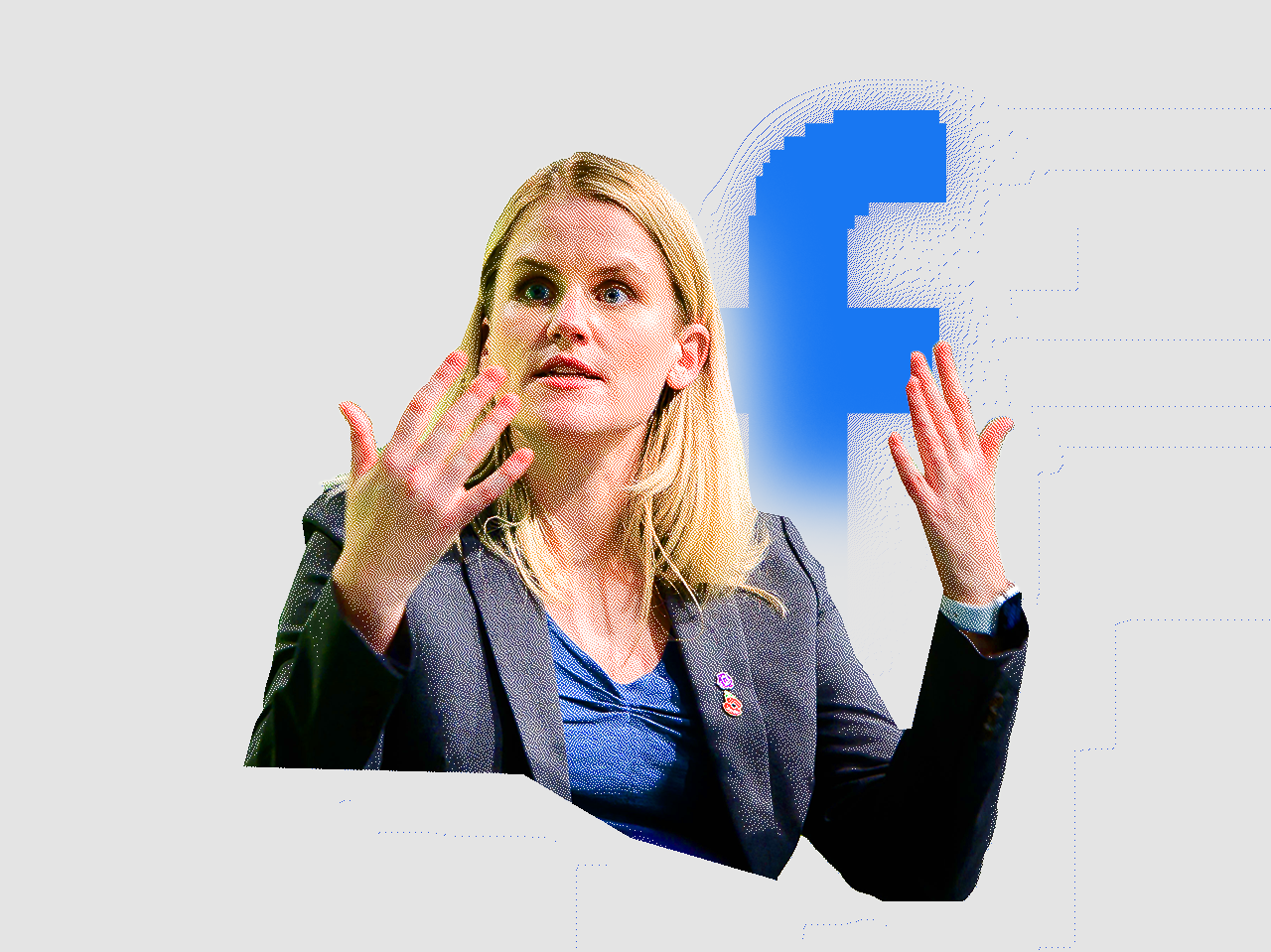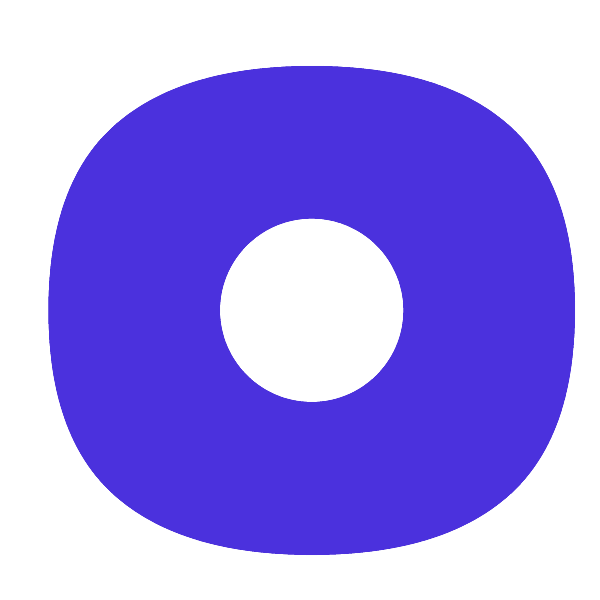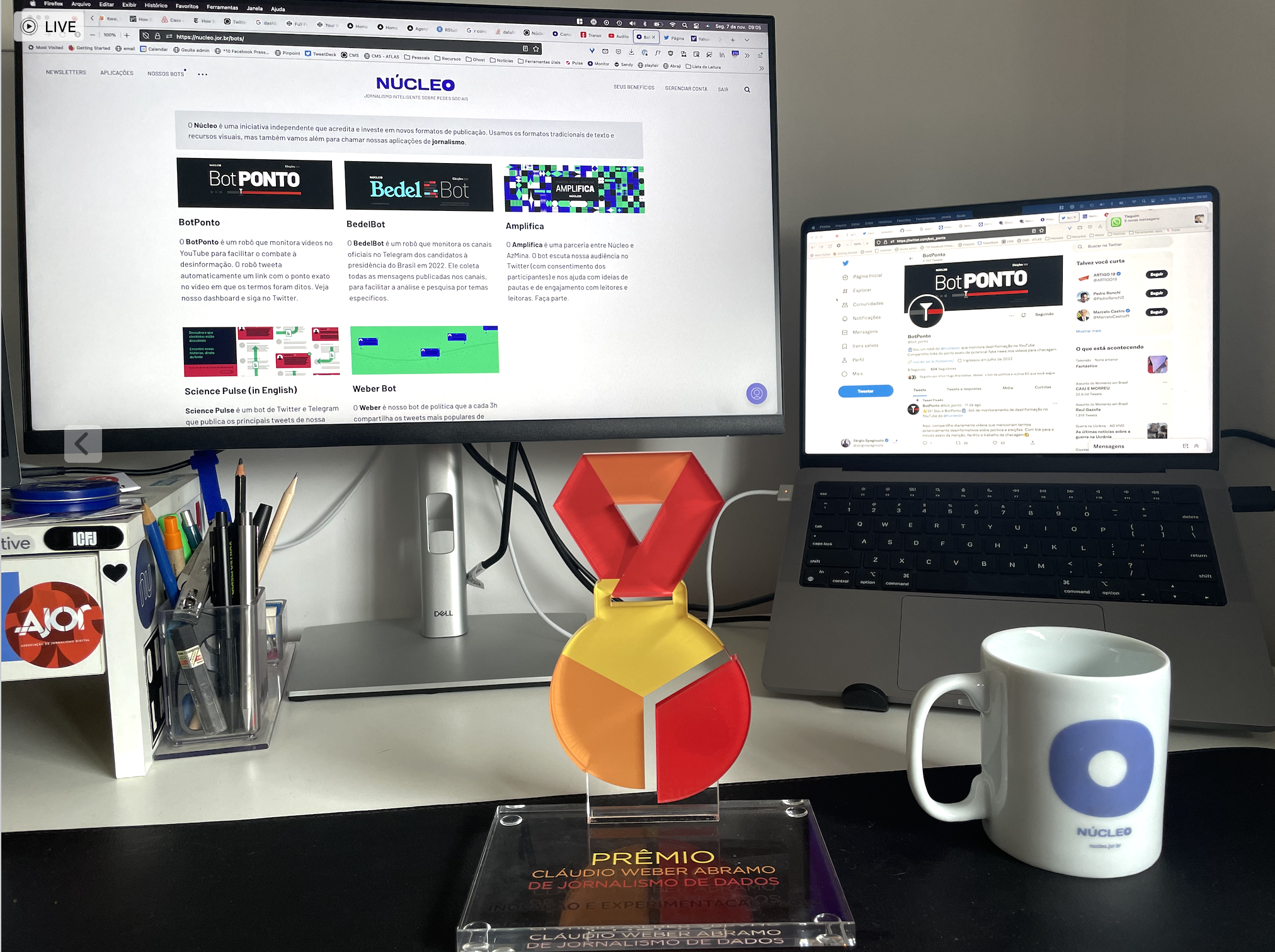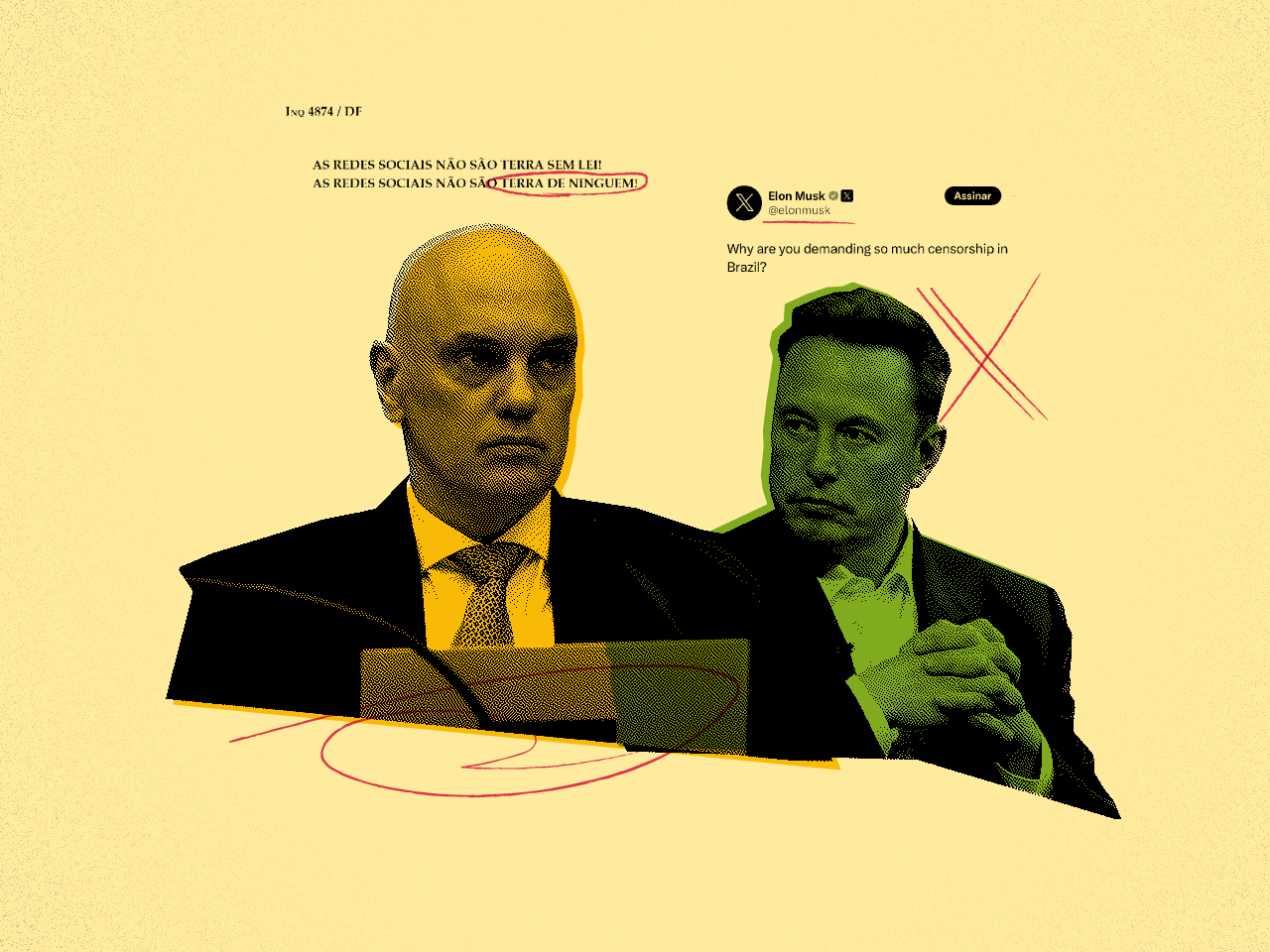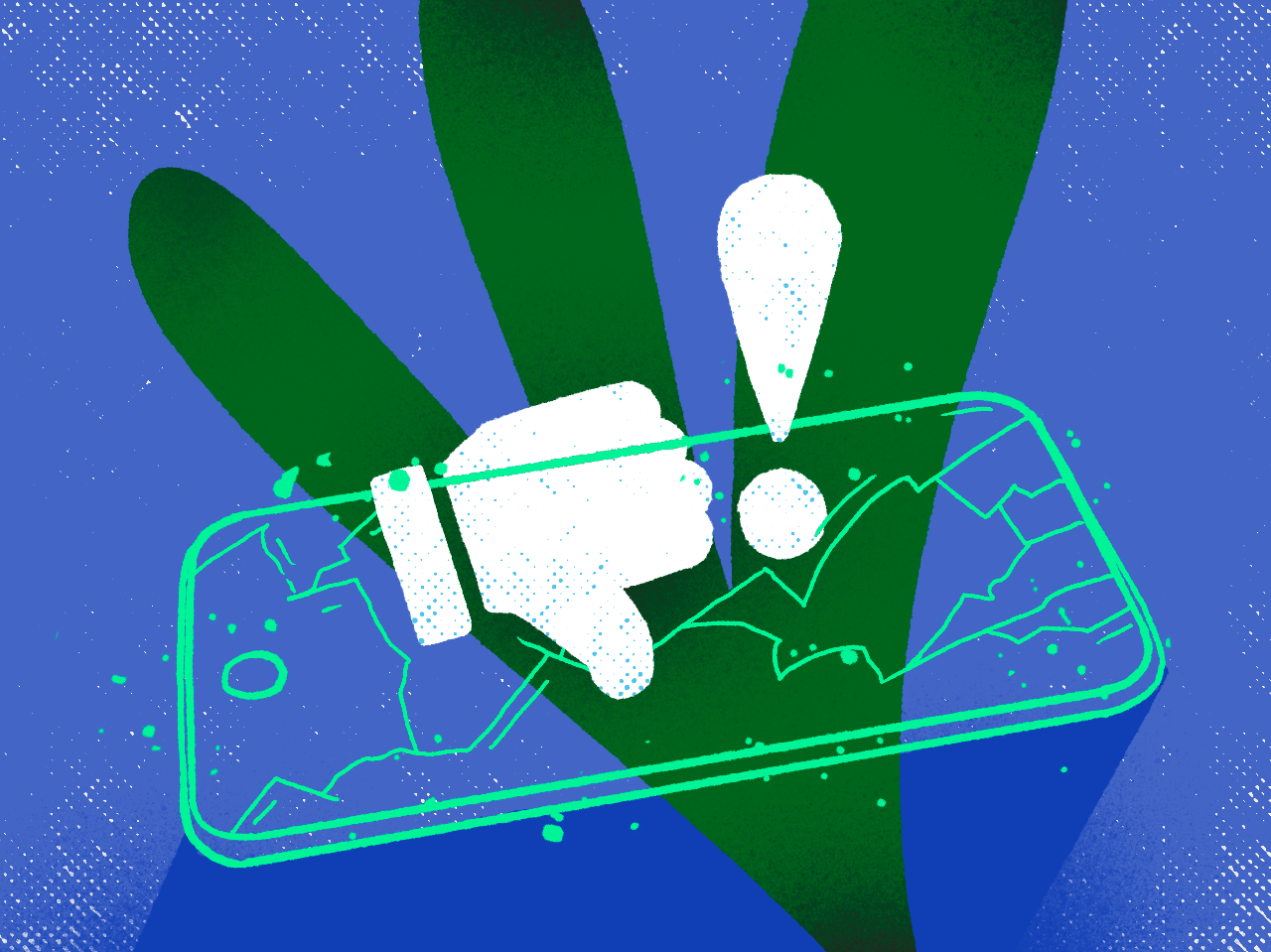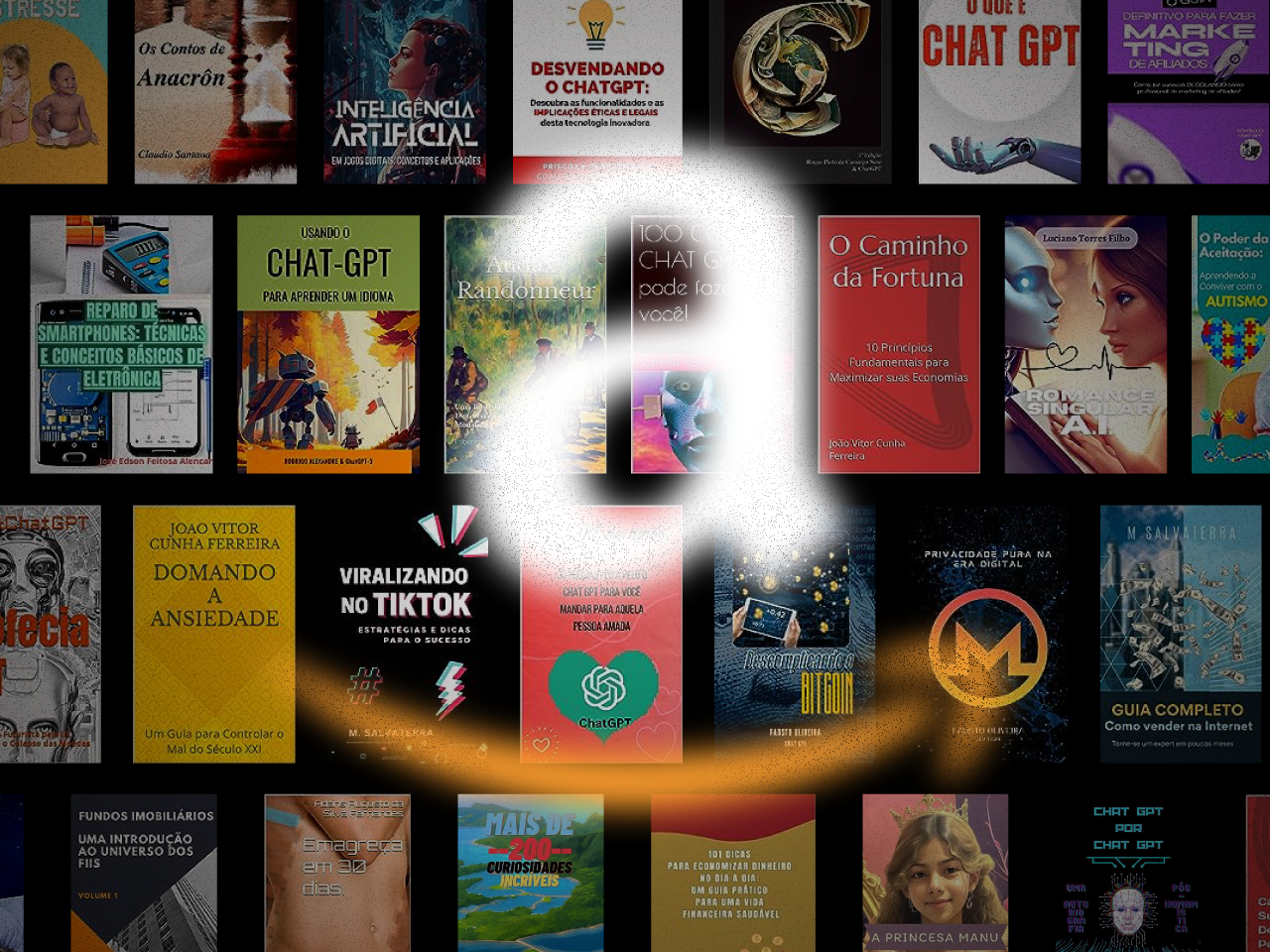Receba nossas newsletters de graça
Leia esta reportagem em português
Agreements made between Meta and telecom companies around the world to offer Facebook at no additional cost, in the format known as zero-rating, have prevented the birth of the open internet in many countries, evaluated the former executive of Facebook’s Civic Integrity department Frances Haugen in an interview with Núcleo on Monday (04.jul.2022).
“ Facebook stole – they made intentional choices to prevent the open internet from being born in many, many countries around the world because they zero-rated” Haugen said. “That's just profoundly wrong.”
“The reason Facebook did it was they were afraid TikTok was going to emerge. You know, they were afraid Brazil was going to invent the next form of social media”, explained the former Civic Integrity product manager at Meta, responsible for bringing to light the documents that make up the Facebook Papers.
What is zero-rating? Telecommunication companies, such as mobile or internet service providers, offer consumers plans that allow the use of certain services and applications with no depletion from their data allowance. These plans usually result from negotiations between technology companies that develop applications — Big Techs — and providers.
In Haugen's assessment, it is the open internet that allows people to come together and develop solutions together, something that was stolen from societies around the world by Facebook when it decided to offer its platform as zero-rating.
As an example of what happens in countries where FB has not been able to consolidate itself through these agreements, Haugen points to China, the country of origin of TikTok, today one of Meta's main competitors and one that has been keeping Mark Zuckerberg up at night.
Zero-rating policies are not bad in themselves. In countries where internet penetration is still low — in Brazil this figure is around 75% — offering access to social networks free of additional costs is one way to, at the very least, connect people to each other.
The problem lies in the services that are offered at zero-rating. In Brazil, mobile app packages usually include, as a rule, Meta's platforms such as WhatsApp, Facebook and Instagram, and some operators also offer Twitter, TikTok and Waze.
Thus, from the standpoint of fighting misinformation, zero-rating is a huge challenge, since a user may come across misinformative content on a social network, but may not have the internet to do a simple Google search to verify the veracity of the content. The practice is also reprehensible from the standpoint of net neutrality, a principle that establishes that no Internet service should be discriminated against or privileged.
For Haugen, it is possible to consider zero-rating, but in a model that is not dominated by Facebook. “We should be demanding other paths forward than allowing Facebook to continue to kill the open free internet in the most fragile places in the world,” said the executive.
"Imagine a world where Google, Netflix, TikTok and Facebook had come together and said, 'we're all going to chip in a teeny one on money'. That would have equaled the budget that currently Facebook is doing for zero-rating. And that's how we're gonna bring the internet in, or Google has spent tens of billions of dollars building internet infrastructure around the world – an infrastructure that works for everyone, not just for Google", she added.
"So seeing Facebook's zero-rating, I think Facebook went there because it had a business motivation, which was to prevent competition," Haugen said. For telecom companies around the world, the payoff was a rapid — and Facebook-accelerated — adoption of the mobile web.
"The thing that came at the cost of was an independent Internet ecosystem in a number of countries around the world. And how much stronger were those economies in the event local talent had gone to own the information ecosystem? And so I know it happened faster, but what was lost in the process?” challenged the former Meta employee.
Frances Haugen was in Brazil to participate on Tuesday (05.jul.2022) in a public hearing at the House of Representatives regarding the proposal of the Fake News Bill and to meet with civil society organizations. On Sunday (03.jul, 2022), Folha de S. Paulo published an interview with Haugen.
